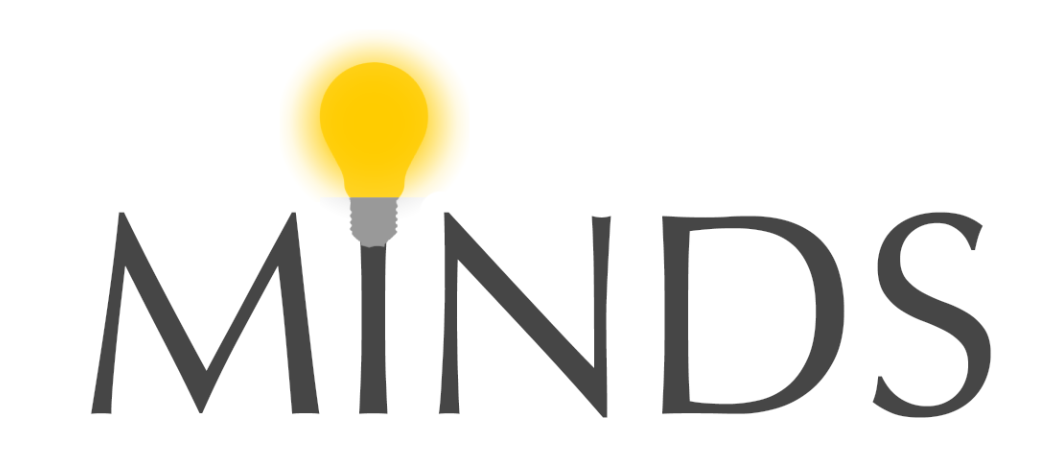
The following is from The Epoch Times.
A 2023 Statista survey found that U.S. teenagers spent an average of 4.8 hours on social media platforms every day, with girls spending an average of 5.3 hours compared to 4.4 hours for boys.
“Being as excessive and addictive screen use is routinely listed as one of parents’ biggest concerns for children, I think it’s overdue that we start educating children as early as possible about the dangers of unhealthy and mindless screen use,” Anthony Anzalone, a clinical psychologist at Stony Brook Medicine, told The Epoch Times.
A systematic review from the University College London, published in June in PLOS Mental Health, looked at 12 studies involving 237 youths aged 10 to 19 who had a formal diagnosis of internet addiction between 2013 and 2023. All the studies were conducted in Asian countries.
Researchers defined internet addiction as an inability to resist the urge to use the internet, which negatively affects mental well-being, as well as aspects of social, educational, and work life.
Functional Changes in the Brain
Another study, published in 2023 in JAMA Pediatrics, investigated a group of 169 sixth- and seventh-grade students from a middle school in rural North Carolina. Researchers split the students into smaller groups according to how often they reported checking their Facebook, Instagram, and Snapchat feeds.
The habitual user group members checked their feeds 15 or more times daily, moderate users between one and 14 times, and nonhabitual users less than once daily.
The children received three brain scans at roughly one-year intervals while they played a computer game that offered rewards and punishment in the form of smiling or scowling faces.
While playing the game, frequent checkers demonstrated changes in brain regions linked to reward processing, which typically responds to experiences like winning money or risk-taking. They also had difficulty controlling impulsive or habitual behaviors.
The findings indicate that teens who grow up checking social media more often become hypersensitive to feedback from other kids. They also experience fewer or less intense positive feelings from previously rewarding stimuli, which could drive them to pursue more potent feelings through increased reward-seeking behavior.
However, the effects of habitual checking may depend on the individual, according to the authors. In some children, checking could become “compulsive and problematic” while others engage in “an adaptive behavior that allows them to better navigate their increasingly digital environment,” the authors suggested.
Signs of Disruption
Anzalone said that much like with other addictions, people addicted to the internet tend to exhibit a pattern of behaviors that impede daily functioning, such as excessive preoccupation with screen use and withdrawal symptoms when screen use is not possible.
Other notable features of internet addiction include the following:
- Inability to reduce time spent online
- Lack of interest in other activities
- Continued screen use despite real-world problems
- Use of gaming to remove negative moods
- Jeopardizing jobs, school, or relationships due to screen use
Treatment
He pointed out that most of the evidence regarding the treatment of internet addiction revolves around a combination of family therapy “to help promote effective communication and collaboration between caregivers and children,” promoting other activities to replace “hazardous media use,” and cognitive behavioral therapy (CBT) to address distortions that patients may have about themselves or their screen usage.
CBT is based on the idea that how people think about situations can affect their feelings and behaviors. Family therapy is a type of talk therapy focused on improving relationships between family members, which can help treat specific mental health or behavioral issues.
A systematic review and meta-analysis of 57 randomized controlled trials found that CBT, in combination with other treatments, was among the therapies that ranked best to treat internet addiction effectively.
“In many cases, the internet addiction is the symptom and not the cause of the problem, so it’s essential that we address any underlying mental health conditions that may be exacerbating the issues, such as depression, anxiety, or ADHD (attention-deficit/hyperactivity disorder),” Anzalone added.
However, he emphasized that in severe cases, a “digital detox” may be needed. In this detox, exposure to nonessential screen use is gradually reduced, and mindful habits and better-quality activities replace constant digital stimulation. Only after this detox can children be safely reintroduced to technology.








